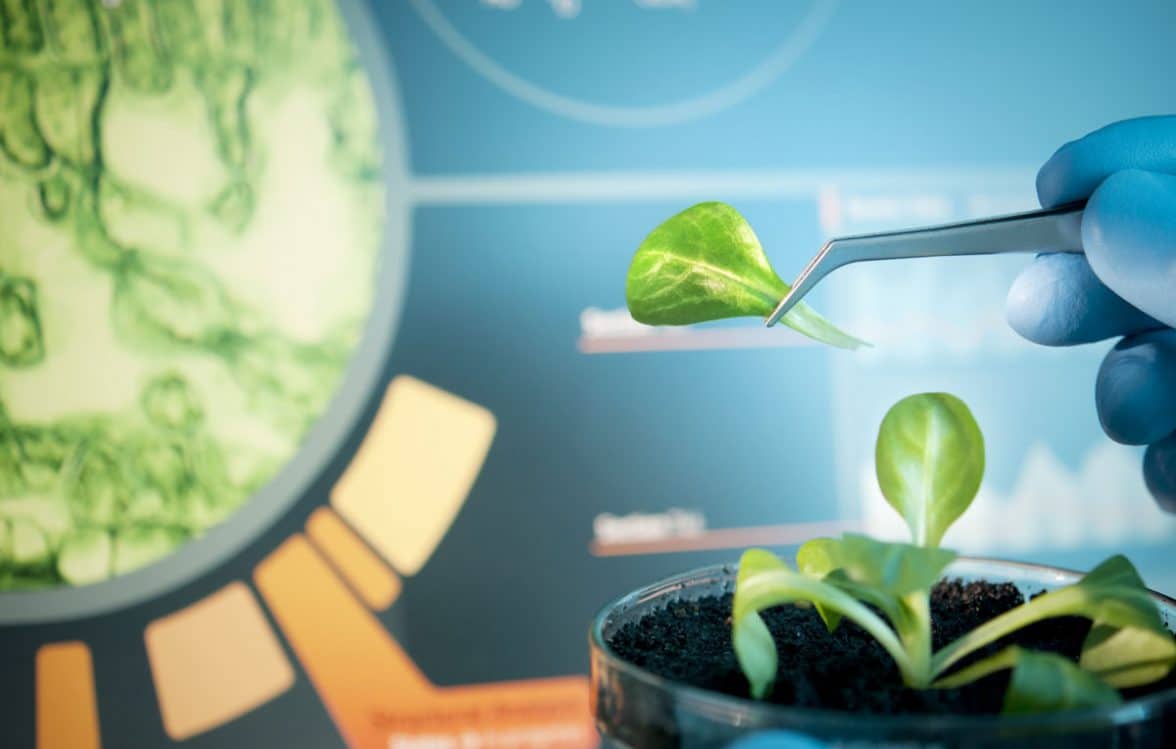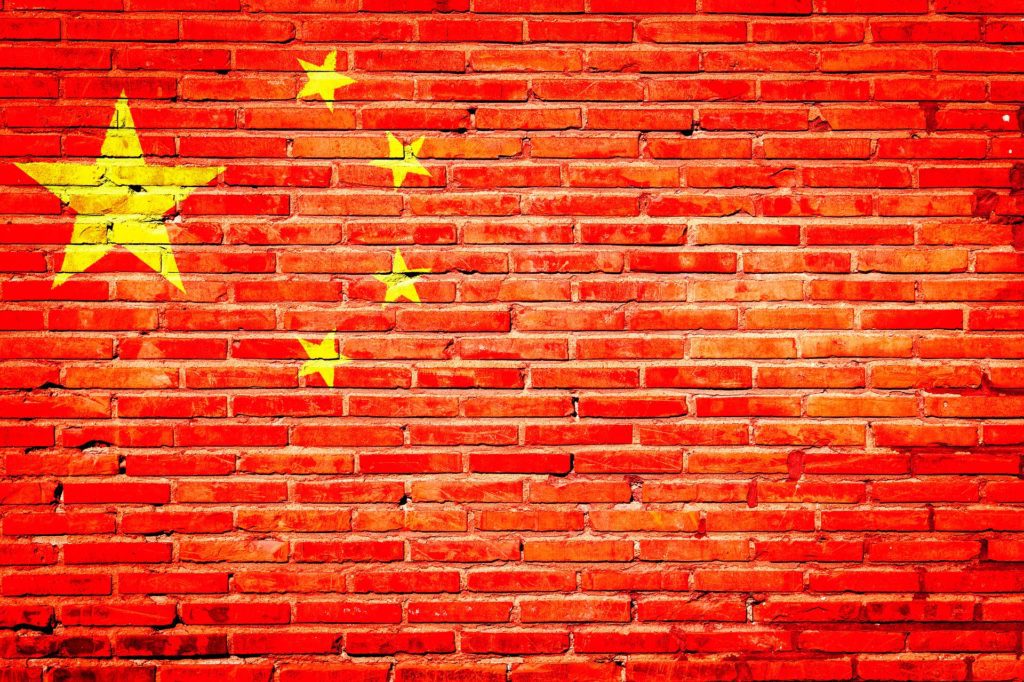While a limited number of biotech crops have been approved in China, the Chinese government understands their role in the future of agriculture — and is working to open more doors for biotech.
The Chinese government has always attached major importance to the research of biotech crops, and keeps a very positive attitude toward this technology.
Since 2008, the government has funded research on GM crops such as maize, rice, wheat, soybean and cotton — various research institutes and universities carry out most of the research. Some major companies have taken part in the research. So far only three safety certificates have been issued to grain crops — two on rice and one on maize. Even once a variety gets a safety certificate, it still requires further approval and registration.
Currently, no grain, soybean or rape GM variety has been approved and registered in China. China allows only the commercial cultivation of biotech cotton and papaya and no other cultivation of biotech crops is allowed at the moment. This means that no other GM crops have been marketed or sold for cultivation in China. The primary plan for the marketing and sale of biotech varieties is for non-food crops like cotton, which will receive priority.
This will be followed by crops that are meant for indirect consumption — like soybean and maize. Ultimately, food crops for direct consumption will be allowed for marketing, like rice and maize.
Public Campaign
To some extent, biotechnology is relatively new for China. The Chinese general public lacks awareness on some aspects of the technology, and food safety issues are of particular concern. In order to make the public aware of the technology, the Chinese government has increased its efforts toward the dissemination of information on biotechnology, mainly through television, newspapers and websites. China’s biotechnology policy and information about its regulation and management is all publicly available on the website of the Chinese Ministry of Agriculture.
“The Chinese people have doubts and fears about GMO technology, leading to a debate on GM issues,” Chinese vice-minister of Agriculture Yu Xinrong recently acknowledged in a press interview.
He considers this a normal phenomenon from the perspective of the history of science and technological progress, he adds.
“China is a large agricultural country, and is a big consumer of agricultural products. This is in contrast to the reality of a big population, less farmland, shortage of water, frequent floods and droughts and a high incidence of pests and diseases. Thus, in order to ensure long-term supply of grain and other major agricultural products, China must take the road of [technological innovation, including GM] technology.”
As result of this, in 2015 the China State Council issued a document that proposed to strengthen research, safety management and public awareness of GM technology. Yu Xinrong further added that in his opinion, with the development of science and the deepening of practice, public doubts can be gradually reduced.
Regulatory Approval
Before foreign biotech varieties can be cultivated in China, they must first be approved by the Ministry of Agriculture. After obtaining the approval, the variety needs to go through a safety evaluation, and must then go through a variety registration process before it can enter into the market. The same procedure applies for Chinese seed companies. GM products must pass the safety evaluation of the trait that was transferred — only then can the product enter into China.
According to Yu Xinrong, in recent years the Ministry of Agriculture has taken a series of measures to strengthen the supervision and management of agricultural GMO safety.
“A set of laws, rules, regulations and a management system [appropriate for our country] has been established, which is [similar to] international ones,” he says.
The State Council created the Regulations of Agricultural Genetically Modified Organisms Safety Management, while the Ministry of Agriculture has developed four supporting regulations and has started to implement them. China has also strengthened its technical support system and established the National Agricultural Genetically Modified Organisms Safety Commission, which is composed of 64 experts who are responsible for the safety evaluation of GMO varieties. The country has also established the National Agricultural GMO Safety Management Standardization Technical Committee, which is composed of 41 experts, and it has published 108 GMO safety standards.
Additionally, China has established a GMO safety supervision system, and set up joint meetings on GMO safety management composed of 12 agricultural departments. To help address public concerns, the country has strengthened the management of GMO Tags and issued standard on the Identification of Agricultural GMO Tags.
Lastly, China strengthened the enforcement of its GM laws. Recently, the Ministry of Agriculture issued its 2015 safety supervision plan for GMOs, requesting that the agricultural administrative departments fulfill local enforcement responsibilities and put an end to the illegal sale of GMO crops in China.













